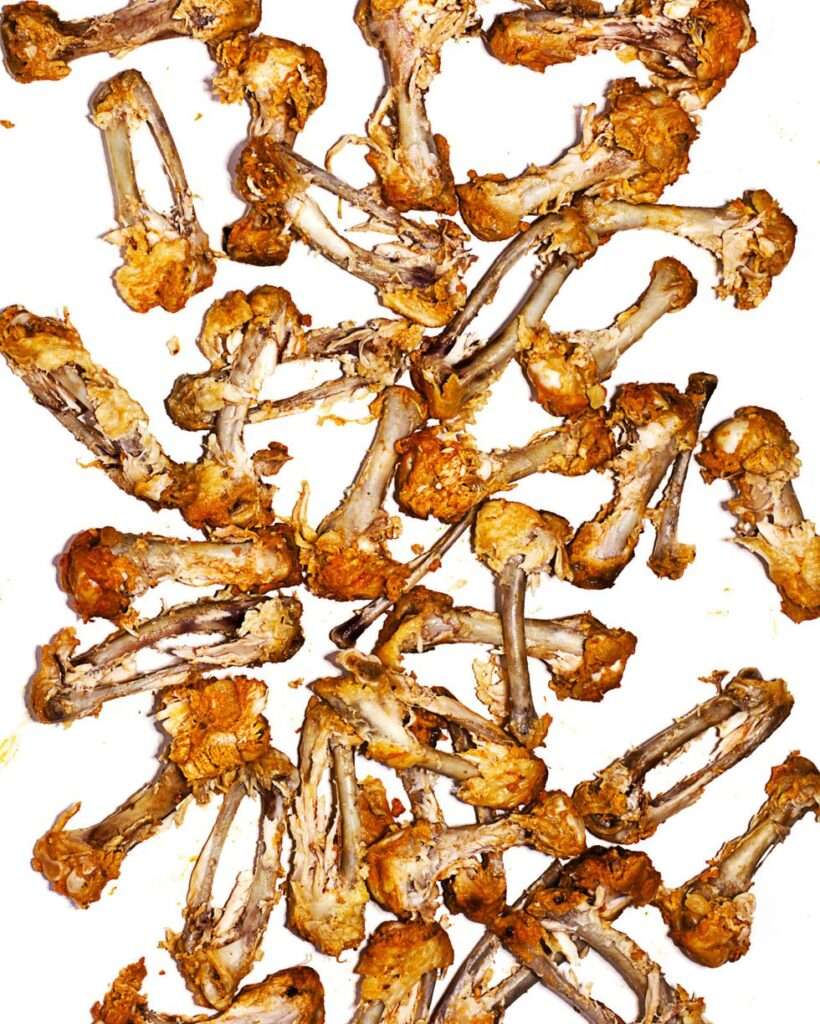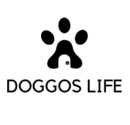Escaping the Watchful Eyes and Begging Glances of Your Pup as You Snack
Your pup’s unwavering attentiveness and charming puppy eyes are always present whenever you enjoy a treat. Some puppies look calm and innocent, while others are more eager to rip the morsel out of your hand or mouth.
However, not all foods are safe for your dogs. Some of them are harmful in different ways. Learn which treats are and aren’t suitable for your dog during meals.
1.) Bones

Disadvantages of
It is definitely not recommended to feed your dog bones, especially cooked bones, as this can cause serious damage to your dog’s internal organs. Bones can become lodged in your dog’s stomach or throat, posing a risk of suffocation and gastrointestinal obstruction, which can be fatal if left untreated.
2.) Raw eggs and meat

Disadvantages of
Raw eggs and meat can contain harmful bacteria such as Salmonella and E. coli, posing just as much risk to pets as they do to humans.
Giving your dog raw eggs or meat may seem like a treat, but it can pose serious health risks. Raw eggs contain enzymes that interfere with the absorption of biotin, which is essential for your dog’s healthy skin and coat. This can cause potential skin problems for your furry friend. Additionally, raw eggs and meat can cause unpleasant symptoms in your dog, such as vomiting, diarrhea, and other digestive problems. These symptoms can be severe enough to require a visit to a veterinary clinic for treatment and care.
To ensure your dog’s health, it’s best to avoid feeding them raw eggs or meat and instead follow a balanced, safe diet recommended by your veterinarian. This approach helps maintain your pet’s overall health and prevents unnecessary health complications.
3.) Bacon

Disadvantages of
The high fat content in this delicious diet can cause pancreatitis in dogs, leading to inflammation and malfunction of the pancreas. Dr. Sonya Olson recalls an incident in which her dog ate four bacon-wrapped filet mignons, including the skewer, and was immediately hospitalized and required surgery to remove the meat and the metabolites.
4.) chocolate

Disadvantages of
The methylxanthines found in chocolate contain toxic compounds and pose a serious risk to dogs. Methylxanthines act as stimulants and can interfere with your dog’s metabolic processes, causing serious harm to their health. Even small amounts of chocolate, especially dark chocolate, can cause symptoms such as diarrhea and vomiting. Overdose can cause seizures, arrhythmia, and possibly fatal consequences
5.) Alcohol

Disadvantages of
Dogs are highly sensitive to the effects of intoxicants, so pet owners are advised to treat their dogs as they would small children if they are exposed to beverages such as beer or spirits. Olson: “Dogs have similar enzymes to humans, but the effects of alcohol consumption are far more dangerous for dogs. Additionally, dogs may prefer sugary or mixed drinks, and these lower To They point out that it is sometimes used to mask the smell of alcohol, such as beer instead of wine. Just like humans, dogs can suffer from alcohol poisoning.
6.) Avocados

Disadvantages of
Each part of the fruit contains a fatty acid called persin, which can be toxic to dogs if ingested in large amounts. Although avocado is a versatile ingredient in many dishes, it is clearly not suitable for dog meals.
7.) Sugary foods and drinks

Disadvantages of
When it comes to cookies, it’s important to make sure your dog avoids ones that are high in processed sugar. Just like humans who consume too much sugar, your dog can experience problems such as weight gain, tooth decay, and even diabetes.
8.) Onions and Garlic

Disadvantages of
Do not feed onions or garlic of any kind to your dog: powdered, raw, cooked, or dehydrated. These ingredients can be harmful to your dog’s health and should be completely avoided for your dog’s health. These substances can damage red blood cells and cause anemia. Even trace amounts can be toxic, such as onion powder found in some baby foods. If taken in large quantities at once, it may cause poisoning. Watch for symptoms such as weakness, vomiting, and difficulty breathing.
9.) Peaches and plums

Disadvantages of
While there may be no immediate signs of harm when dogs consume the fruit, it’s essential to be aware that the pits can pose a significant threat. If left untreated, ingestion of pits can lead to severe gastrointestinal obstruction, potentially resulting in the dog’s suffering or even death.
10.) Macadamia nuts

Disadvantages of
Another dangerous food that dogs should avoid is macadamia nuts. This is not only toxic, but can also irritate the stomach. Ingesting as few as 2 nuts per pound of your dog’s body weight can cause toxicity and temporary loss of mobility. It’s best to prevent your dog from eating nuts of any kind, especially almonds, pecans, and walnuts. These nuts can cause serious symptoms in dogs, including weakness, paralysis, nausea, and diarrhea, which may require hospital treatment.
11.) Coffee

Disadvantages of
Like humans, caffeine behaves as a stimulant in dogs, causing an increase in heart rate, panting, irregular heartbeat, high blood pressure, tremors, and in severe cases, seizures. Dr. Olson highlights the risks associated with chocolate-covered espresso beans, emphasizing that seizures can lead to secondary complications and potentially fatal outcomes.

Dedicated and experienced pet-related content writer with a passion for animals and a proven track record of creating engaging and informative content. Skilled in researching, writing, and editing articles that educate and inspire pet owners. Strong knowledge of animal behavior, health, and care, combined with a commitment to delivering high-quality content that resonates with audiences. Seeking to leverage writing skills and passion for pets to contribute to a dynamic and mission-driven team.
